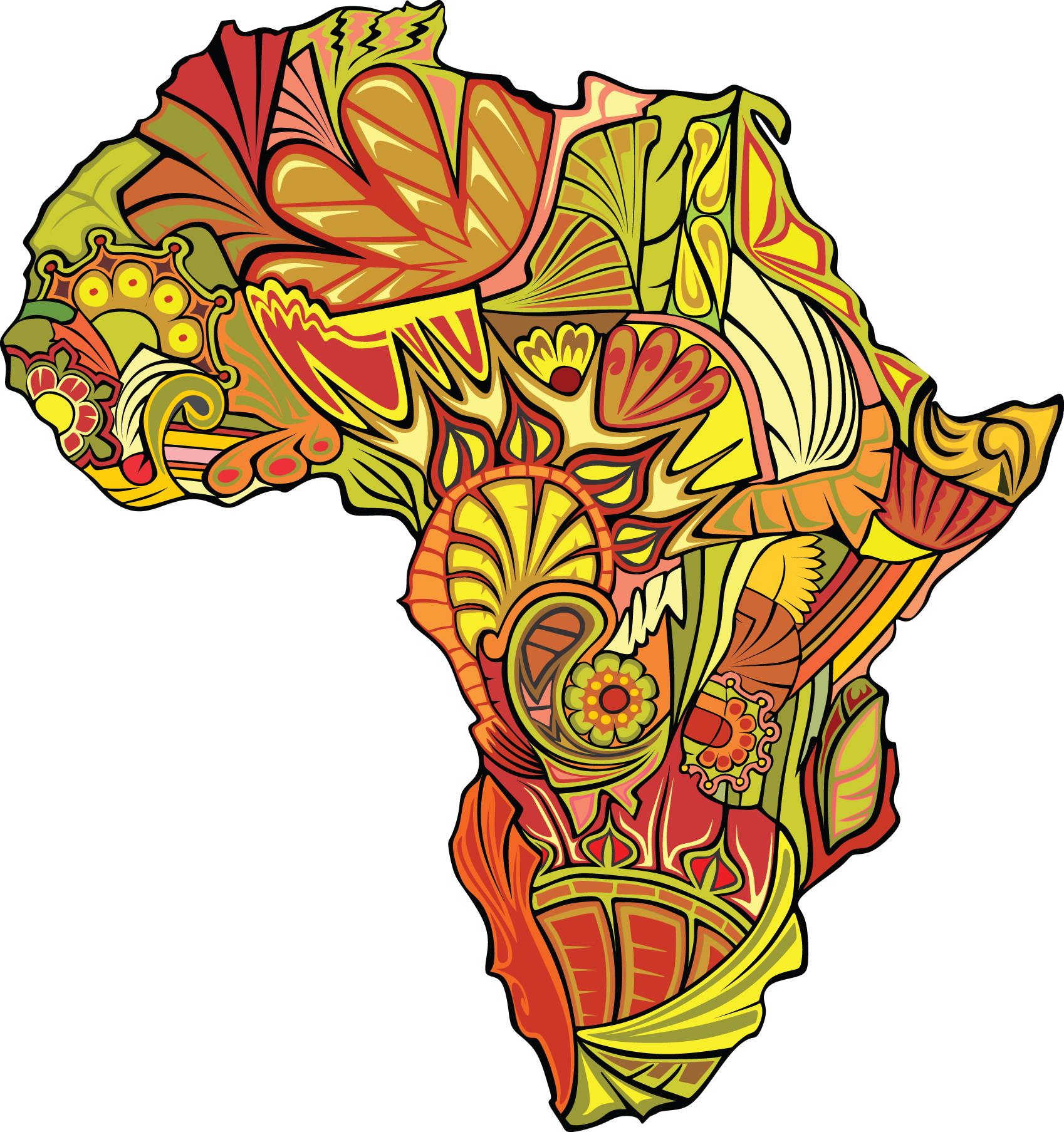PIKETTY AND THE SITTING TRILLLIONS
The M-Pesa Concept Applied To Voting
Africa Deserves To Manufacture
Africa Can Save The World
MOVE OVER M-PESA, BITCOIN’S ZSIM IS THE NEW KID ON THE BLOCK
Kenya’s million dollar bitcoin startup BitPesa expands to Tanzania
Reimagining Africa as innovator
Barack Obama And Africa
The M-Pesa Concept Applied To Voting
Africa Deserves To Manufacture
Africa Can Save The World
MOVE OVER M-PESA, BITCOIN’S ZSIM IS THE NEW KID ON THE BLOCK
Globally, close to 2.5 billion adults remain unbanked. The vast majority of them live in Africa, Asia, Latin America and the Middle East. However, the bitSIM would enable this huge market to be brought into the formal financial sector literally overnight ..... The emerging global financial stage will see increasing competition between telcos and banks for control of the market share. bitSIM being able to compete against one of them promises to become a third force that will eventually muscle out the first two. bitSIM might even go further. Since the technology is built on the block chain, it effectively eliminates the middleman that exists both in banking and in the telcos and potentially promises much, much lower fees for transactions. ..... For many developing countries, bitSIM could enable many other industries to really take off including mCommerce and mRemittance, or even mRebittance. Remittance has become one of the main sources of income in many developing countries ....... bitSIM would enable the reforms undertaken in Nigerian agriculture to be spread overnight to other countries around the world. ...... a dedicated agro-blockchain could be created that could be used to manage all aspects of the value chain including smart contracts, and even the development of a viable continental commodity trading for African regions or even the continent itself. Trade on this agro-blockchain would be enabled across borders via the bitSIM without the usual bottlenecks that are inherent in traditional banking. ....... Many of the applications that could be powered on top of the bitSIM may be unimaginable as at now. For example, what role would bitSIM have in powering an internet of blockchains or even an internet of things?
Kenya’s million dollar bitcoin startup BitPesa expands to Tanzania
“We’re the first company on the planet to link mobile money with bitcoin,” company CEO Elizabeth Rossiello boasted. “About 97% of the people in Kenya use mobile money. In Tanzania it’s even better.” ..... We call it mobile money 2.0, where they have three key operators using it instead of one company. ..... “Instead of sending bitcoin to another bank account or bitcoin wallet, you can actually send bitcoin to someone’s mobile wallet using their contact number in real-time” ....... “Banking infrastructure has fallen behind and money transfer services like Western Union have filled the void,” Rossiello said. “The bitcoin technology is in the cloud, which means that everyone has access to world-class infrastructures. For us it’s a very convenient, cheap, scalable, robust piece of software.” ...BitPesa’s CEO added that other countries like Ghana, Senegal, Burkina Faso, Romania, and Turkey all have very advanced mobile money systems and are potential markets for the company’s remittance services.
Reimagining Africa as innovator
He travels to Kenya this July for a “summit” on entrepreneurship and hopes to show what the United States can do for the continent...... When he gets there, however, Mr. Obama may be surprised to discover what Africa is already doing for itself. In recent years, its young inventors and entrepreneurs – two-thirds of Africans are under age 35 – have begun to reverse the narrative that the continent is mainly a recipient of foreign technology and a backwater for ideas. ...... Kenya, for example, which is the birthplace of Obama’s father, has become a world leader in mobile money systems – far ahead of Apple Pay. Across Africa, software such as M-PESA is revolutionizing daily financial life for people with little access to banks or credit. About 1 in 7 Africans now uses a phone for banking, a ratio higher than anywhere in the world. Kenya is also home to an IBM research lab and has plans to become a “Silicon Savanna.” ....... Africa has more mobile-phone users than the US or Europe. This pool of 635 million devices provides a giant digital platform for innovation that fits Africa’s culture and its unique needs. Technology is lightly regulated, which gives innovators more freedom to try new products. ..... The continent’s big tech hubs – Nigeria, South Africa, Ghana, Uganda, and Senegal – are starting to draw global attention as potential exporters of new technology. One Ghanaian start-up, for example, has done well in California with an online tool, Dropifi, that helps businesses manage customer feedback. ...... Last year, the African Union drew up a 10-year strategy to drive technological innovation as a way for the continent to move beyond exports of raw materials. ..... An innovation expert in South Africa, Mammo Muchie of the Tshwane University of Technology, says Africans must destroy the “false narrative” that other races are better at innovation. Africa can build on its special strengths – its large population of young people, its ancient cultural traditions, and its large market for inexpensive solutions to poverty. Innovation, after all, first requires imagination. Reimagining Africa seems to have already begun.Barack Obama Africa Foundation
Barack Obama And Africa


















































